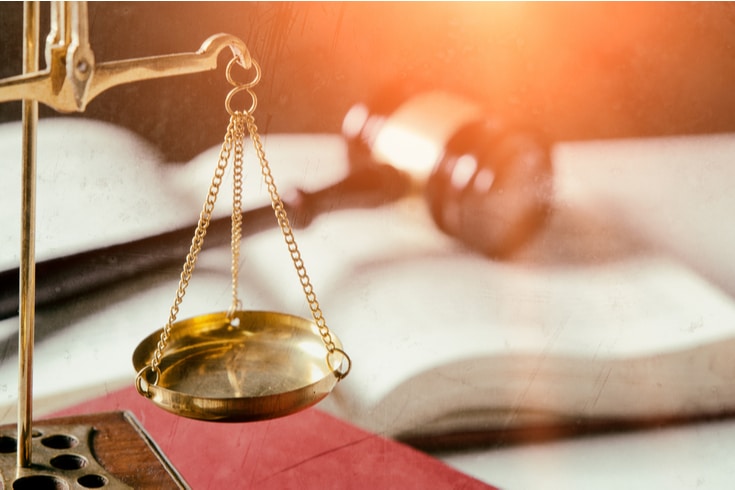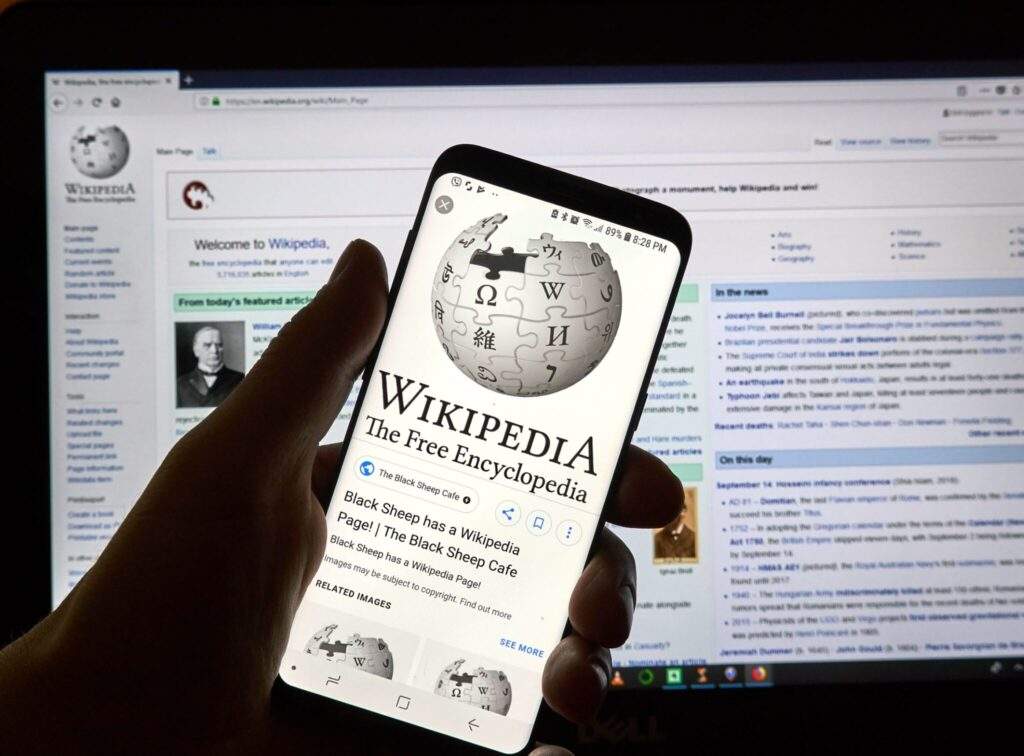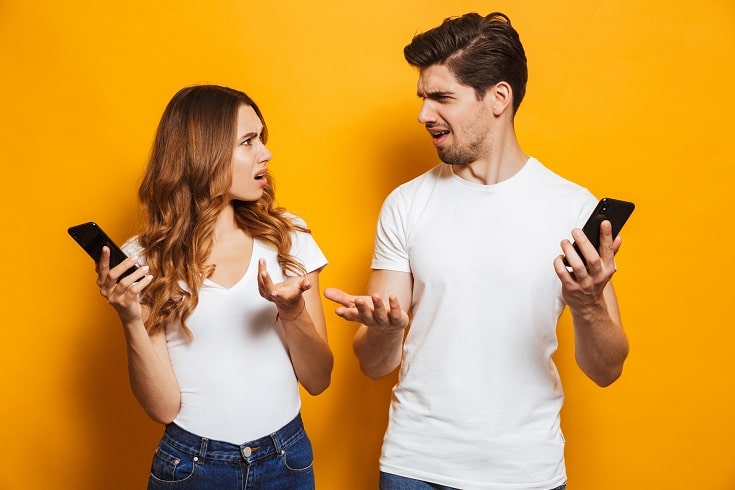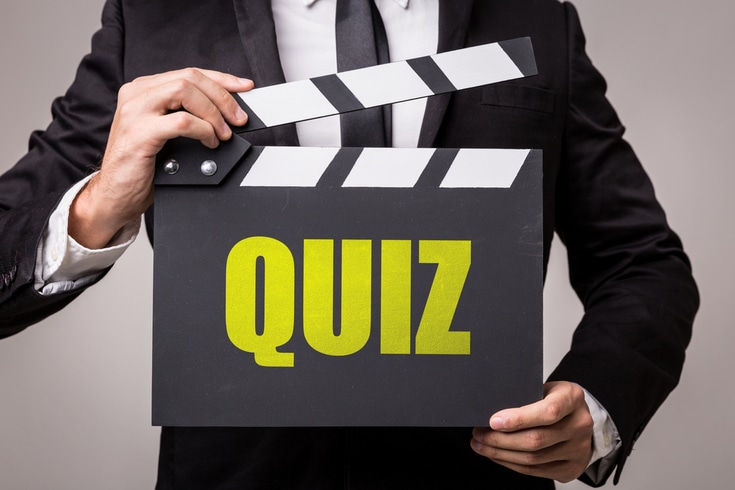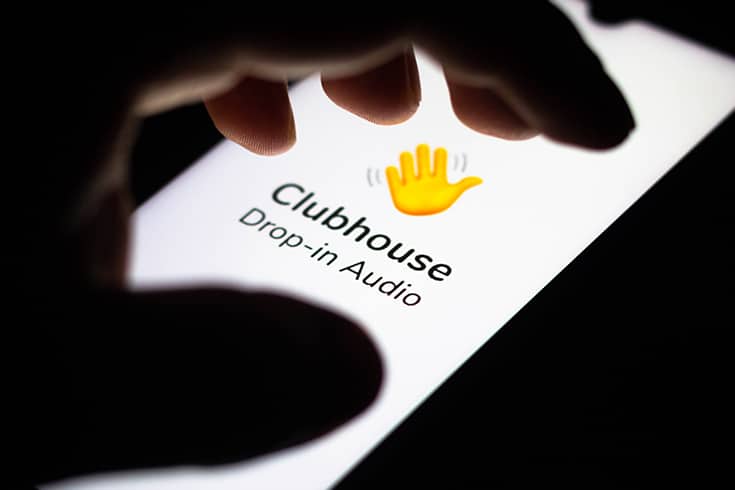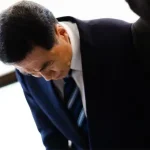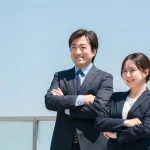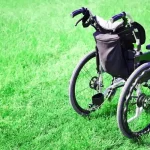What are the Points to Note When Filming Videos at Theme Parks (Amusement Parks)?
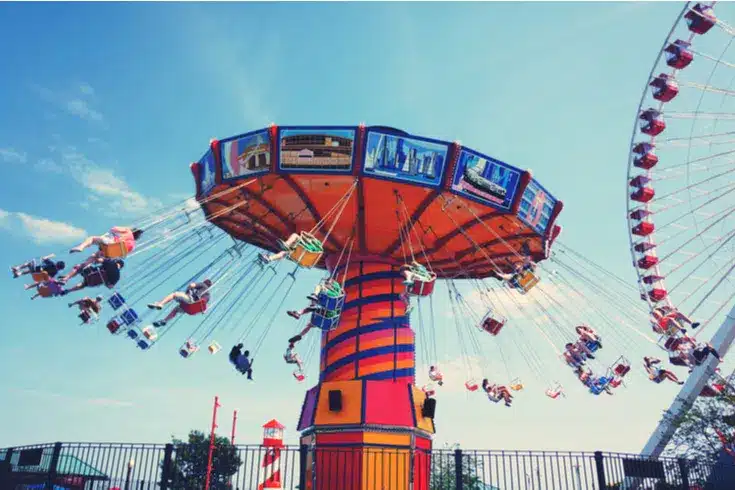
With the proliferation of social media, more and more people are filming videos at theme parks and amusement parks to post on their social media accounts. However, depending on the situation, this could potentially violate the park’s rules or even infringe on copyright laws.
In this article, we will explain the key points to be aware of when filming videos at theme parks and amusement parks to avoid unexpected troubles.
Theme Park and Amusement Park Facility Management Rights and Rules
Administrators of theme parks and amusement parks possess facility management rights, and users may have their actions and speech restricted.
What are Facility Management Rights?
Facility management rights refer to the right to take necessary measures to use the facility in accordance with its original purpose, which is held by the facility administrator. Based on these facility management rights, the facility administrator can impose certain restrictions on activities such as video recording. For example, at Tokyo Disneyland Resort (TDL) and Universal Studios Japan (USJ), the following actions are listed as prohibited.
Prohibited Actions at Disneyland
The following actions are prohibited according to “Requests from Tokyo Disneyland Resort”.
・Commercial filming, etc.
・Filming and public transmission that inconvenience other guests
(Excerpt)
・Profit-making activities (except when permitted by our company.)
“Requests from Tokyo Disneyland Resort”[ja]
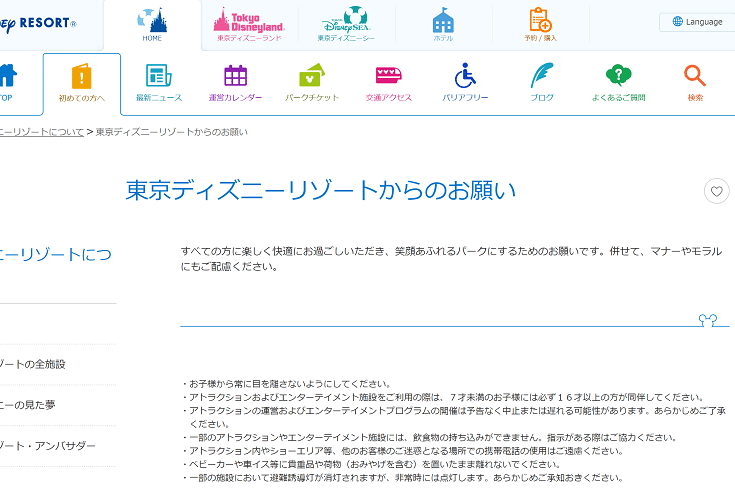
It is prohibited to film videos and earn money by uploading them to YouTube, etc., to take photos or videos in a way that inconveniences other guests, or to upload them to the internet, etc. “Public transmission” includes uploading photos and videos to SNS and blogs.
According to a J-CAST News article dated May 29, 2013 (Heisei 25), a TDL representative stated that there is no problem with using photos “for personal enjoyment”, but there is no clear standard as to what constitutes “for personal enjoyment”. Therefore, if you upload a video filmed inside TDL to the internet, there is a possibility that it may violate the prohibited actions.
Prohibited Actions at USJ
・Meetings, speeches, unauthorized commercial activities and advertising (including filming), and filming and public transmission that inconvenience other guests
(Excerpt)・Public disclosure, including on SNS, of images taken in non-public areas (construction or renovation areas, etc.)
“USJ Other Prohibited Actions”[ja]
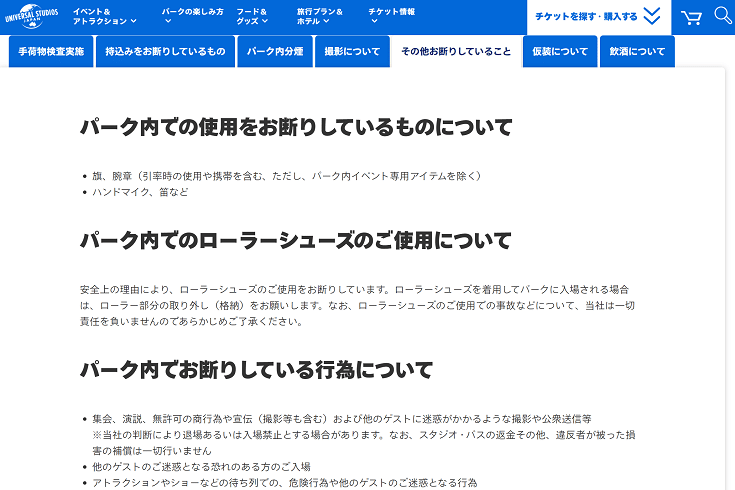
Just like TDL, it is prohibited to use filmed videos, etc. for commercial purposes, to film in a way that inconveniences other guests, or to publish those photos or videos on the internet, etc. Also, it is prohibited to film non-public areas and post them on SNS.
Issues Related to Copyright
When sharing videos taken at theme parks or amusement parks on social media, it is important to ensure that you are not violating copyright laws.
Character Copyright
When taking photos or videos with personalitys at amusement parks or theme parks, the copyright of the personalitys becomes an issue. Although the personalitys themselves do not have copyright, the costumes representing the personalitys do have copyright as “expressions of the personalitys”.
So, does the act of filming a personality’s costume without permission infringe on the “right of reproduction”, one of the rights under copyright law? If the video is for personal or family enjoyment, it is considered within the scope of private use, and filming a video without the copyright holder’s permission does not infringe on the right of reproduction (Japanese Copyright Law Article 30, Paragraph 1).
However, if you upload that video to the internet without permission, it may infringe on the “right of public transmission” under copyright law, and could potentially be a violation of copyright law. Also, it is prohibited to use copyrighted works for profit without permission, so if you duplicate the video for sale, or upload it to YouTube or similar platforms for monetary gain, it would be a violation of copyright law.
For more detailed explanations on personality copyright issues, please refer to the following article.
https://monolith.law/corporate/personality-copyright-law[ja]
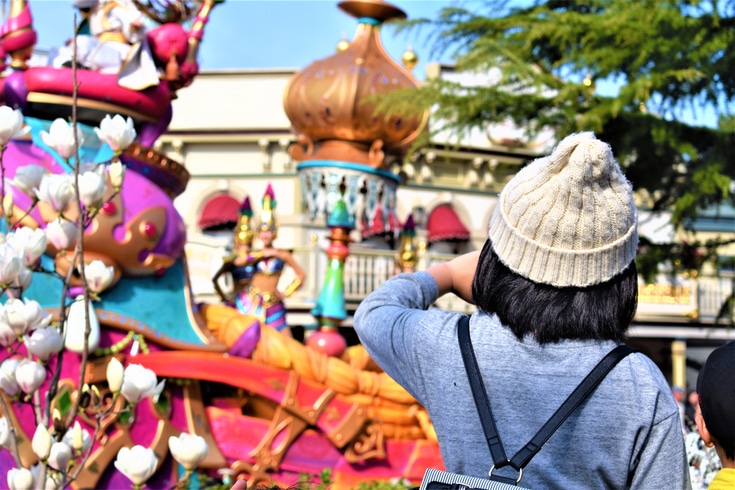
Parade Copyright
In 2007, there was a case where a man and a woman were arrested on suspicion of violating copyright law for filming a parade at Tokyo Disney Resort, duplicating it onto DVDs, and selling them without permission. In this case, the parade was considered a copyrighted work. Therefore, if you post a video of a parade on social media without permission, it could infringe on the “right of public transmission”, one of the rights under copyright law, and could potentially be a violation of copyright law. Also, using the video of the parade for profit, such as duplicating it for sale or posting it on video sharing sites, is a violation of copyright law.
However, similar to videos of personality costumes, it is believed that filming for personal or family enjoyment is not a problem.
For more detailed explanations on whether the choreography of a dance in a parade is considered a copyrighted work, please refer to the following article.
https://monolith.law/corporate/dance-choreographer-copyright[ja]
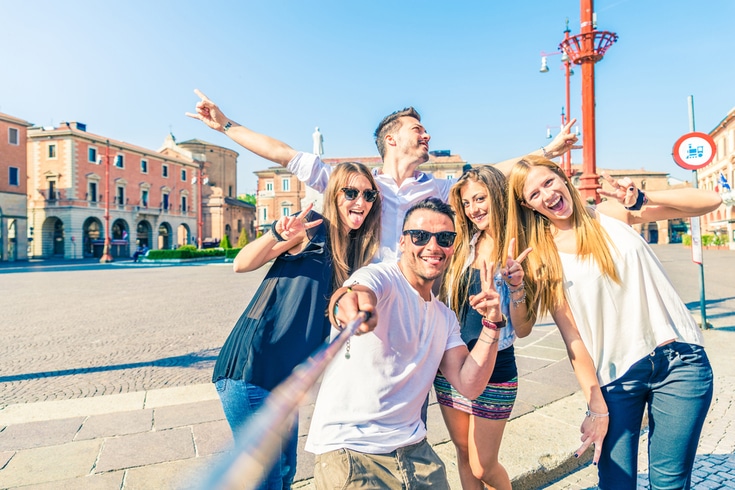
Infringement of Portrait Rights and Unintentional Inclusion in Photos
When someone else appears in a video you have taken, it is important to be aware of potential infringement of portrait rights. Portrait rights refer to the right not to have one’s appearance photographed without permission, or to have such photos or videos published without consent. There are various criteria to determine whether the publication of photos or videos in which others appear constitutes an infringement of portrait rights.
Theme parks and amusement parks are places where one can expect to be photographed, so there may be fewer cases of infringement of portrait rights. However, videos that can identify an individual’s face or videos that mainly feature others may potentially infringe upon portrait rights. Also, posting videos on social media and other platforms that can be viewed by an unspecified number of people increases the likelihood of infringing upon portrait rights.
When taking videos, care should be taken to avoid including others, and if a video in which someone’s face is clearly visible is to be published on social media, it is necessary to take measures such as blurring the face.
For more information on the infringement of portrait rights, please refer to the following article.
https://monolith.law/reputation/portraitrights-onthe-internet[ja]
We also explain the amendments to the copyright law related to unintentional inclusion in photos in the following article.
https://monolith.law/corporate/copyright-law-2020-amendment-reflection[ja]
Summary
At amusement parks and theme parks, you may often find yourself taking numerous photos and videos to create memories. However, depending on how you take and use these photos and videos, you may inadvertently violate the park’s rules or infringe upon copyright laws. Determining what actions constitute a violation of copyright laws can be challenging in some cases. If you ever find yourself in a situation where a dispute arises, it is advisable to consult with a lawyer as soon as possible.
Introduction to Our Firm’s Measures
Monolith Law Office is a legal office with high expertise in both IT, particularly the Internet, and law. In recent years, intellectual property rights surrounding copyrights have been attracting attention, and the need for legal checks is increasing more and more. Our firm provides solutions related to intellectual property. Details are described in the following article.
Category: Internet


